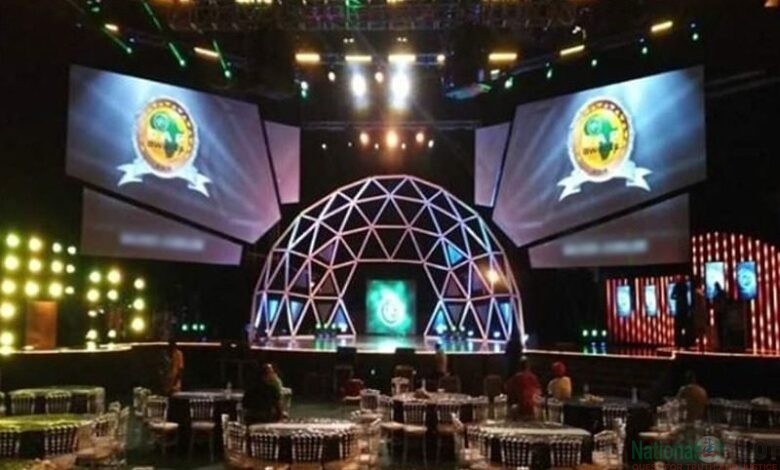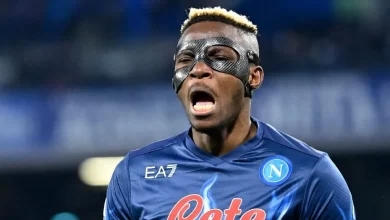2022 CAF Awards to hold in Morocco, July

The Confederation of Africa Football (CAF) awards will make a return for the first time since January 7 2020 when the last edition was held in Egypt.
According to a statement from CAF Communications Department published on cafonline.com, the awards will hold on Thursday, 21 July, in Morocco.
“This year’s edition of the prestigious award ceremony for African football, the CAF Awards 2022, will return on Thursday, 21 July 2022 in Morocco,” the statement read.
“The CAF Awards will be held ahead of the final of Africa’s flagship women’s competitions, TotalEnergies Women’s Africa Cup of Nations Morocco 20223 scheduled to take place between 02 July – 23 July 2022.
“The event will also coincide with the two-year anniversary of the launch of the CAF Women’s Football Strategy.
“In line with that, a new category; Interclubs Women Player of the Year has been introduced following the successful roll-out of the TotalEnergies CAF Women’s Champions League in November 2021.
“As in previous editions, there will be several categories to be presented, in addition to the coveted prizes: Player of the Year (Men & Women).
“Other categories are include Interclub Player of the Year, Young Player of the Year, National Team of the Year, Coach of the Year, Club of the Year, Goal of the Year.
“The winners will be decided by votes from captains and coaches of the Member Associations, selected journalists, CAF Technical Study Group and CAF Legends.
“The period under review is from September 2021 until June 2022.
“The previous edition of the CAF Awards was held 2019 in Hurghada, Egypt.
“Senegalese forward Sadio Mane and Nigeria’s Asisat Oshoala scooped the African Player of the Year Men and Women respectively.”
The last time a Nigerian male footballer emerge winner of the Player of the Year was Nwankwo Kanu in 1999, which was his second award (his first award was in 1996).
Aside Kanu, other Nigerian male footballers who have won the award are the late Rashidi Yekini (1993), Emmanuel Amuneke (1994) and Victor Ikpeba (1997).’





